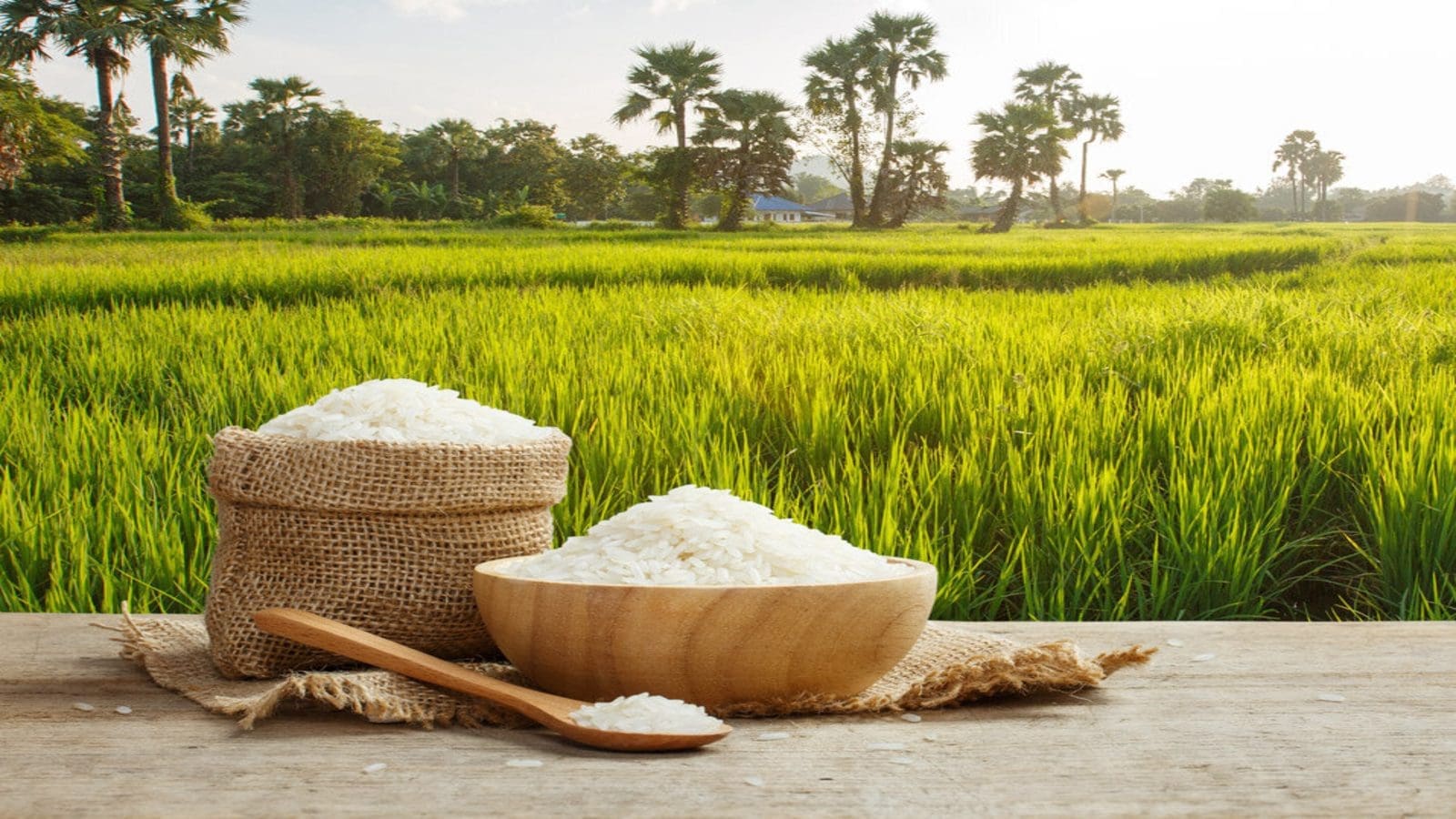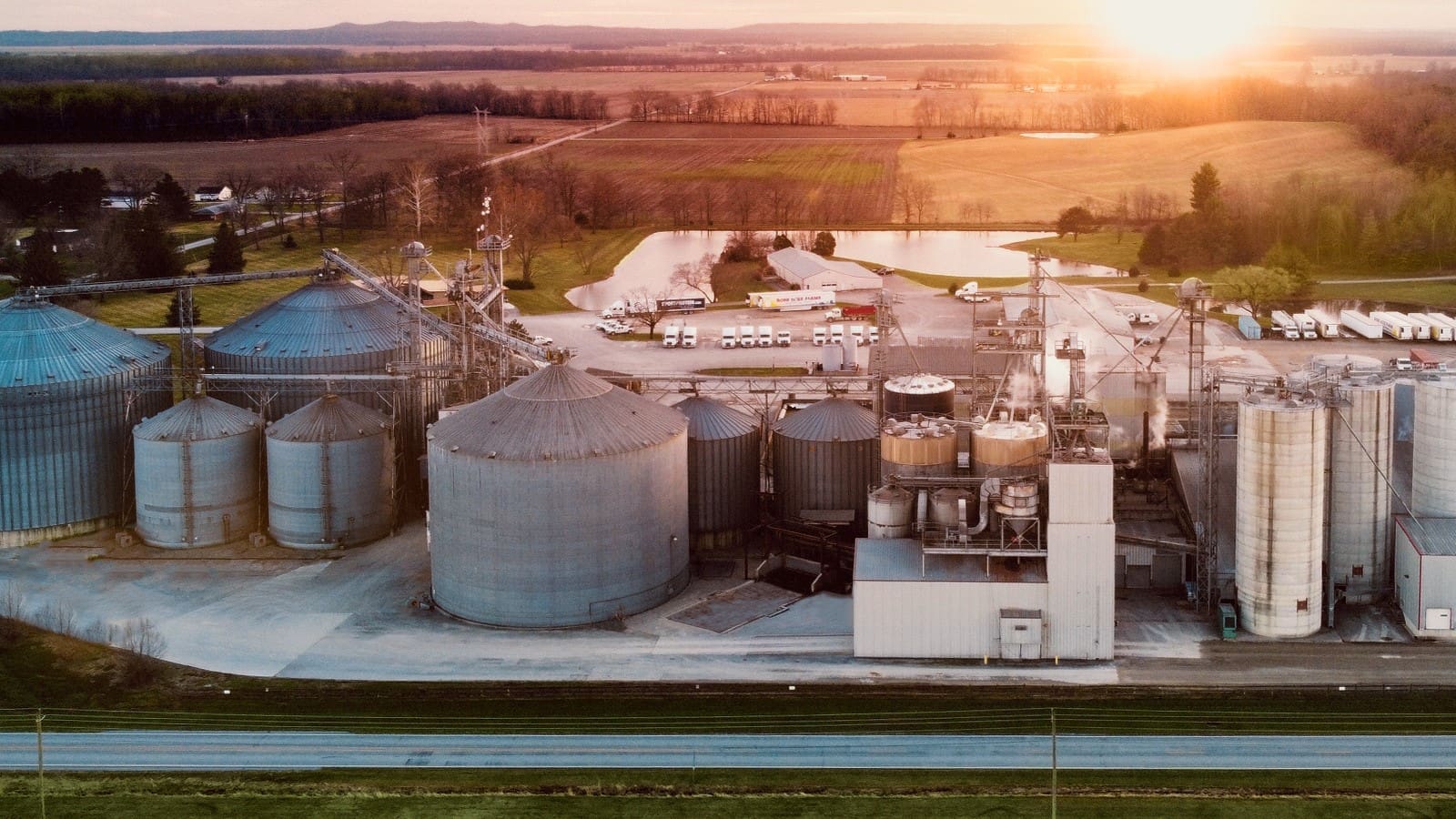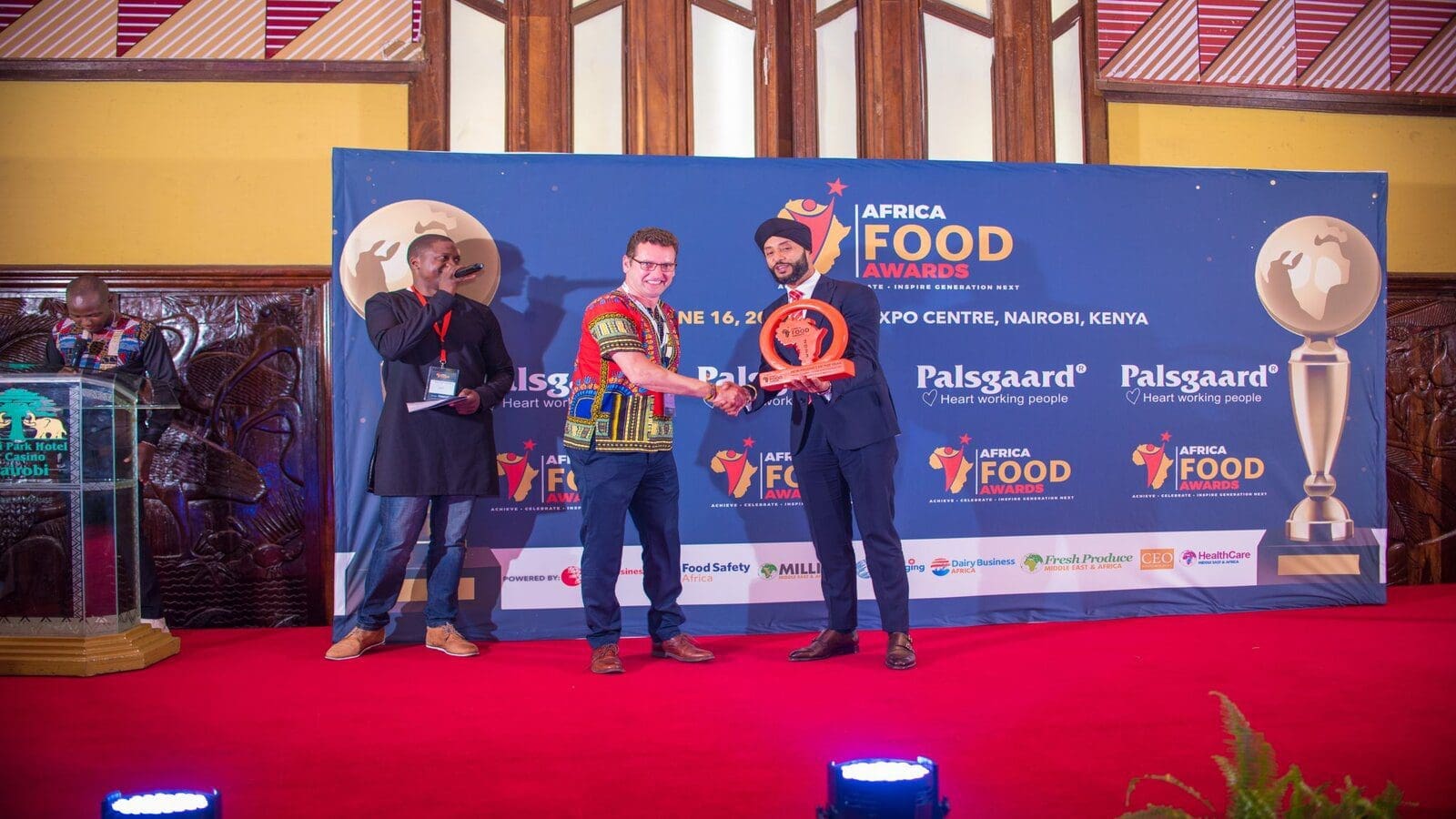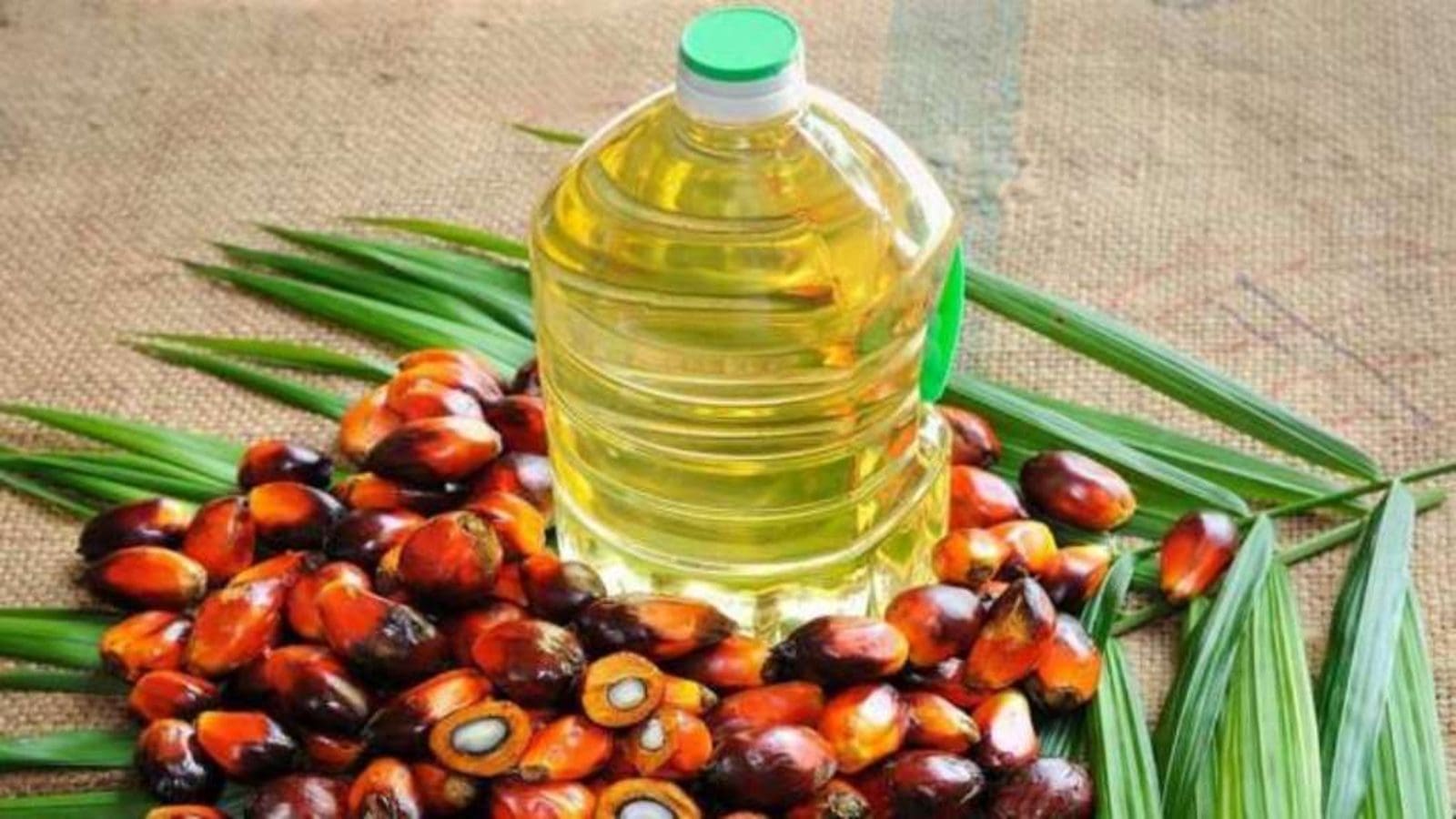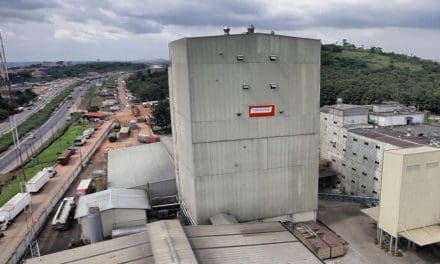GHANA – The government of Korea has launched a US$27 million rice development project to boost rice production and aid Ghana’s quest to achieve national food security.
Dubbed, ‘Water-Energy-Food Nexus Programme (WEFP) for Better Lives for Rural Development in Ghana, the project seeks to develop 100 hectares of mechanized and irrigated farmland to produce more than 1,200 tons of quality rice seeds annually.
According to All Africa, the project will be implemented over the next five years by the Centre for Scientific and Industrial Research (CSIR) in partnership with the Korea Programme for International Cooperation in Agriculture (KOPIA) Ghana Centre.
Rice is the second most consumed cereal after maize in Ghana. Additionally, rice is fast emerging as a strategic cash crop and an economic tool for the Ghanaian population even though the country still imports more than 60% of its rice primarily from Thailand, Vietnam, and India.
Recently, the government of Ghana embarked on local production to offset the US$ 1.3 billion financial burden used to import the commodity annually.
Launching of the project, Korean Ambassador to Ghana, Mr. Lim Jung-Taek noted that, high-yield rice varieties and agricultural mechanization were crucial steps in boosting rice production and achieving greater self-sufficiency in the country.
He said that KOPIA Ghana Office and the CSIR have together developed six high-yield rice varieties and conducted preliminary research in preparation for the implementation of the project.
He revealed that the quality rice seeds to be developed through the project would be distributed to over 12,000 farmers across the country free of charge adding that a rice seed warehouse with a capacity of 78,000 bags has already been established in Dawhenya,
The Ambassador said Korea places a high priority on advancing the agricultural sector in Ghana in cooperation with the Ghanaian authorities adding that the WEFP-Ghana Project would catalyze achieving food security in Ghana.
On his part, the Minister of Food and Agriculture, Mr Bryan Acheampong, said, Ghana had rolled out a rice seed tracking system to trace the origin of newly developed varieties of rice seeds to reduce seed adulteration and influx of fake ones.
He noted that the move was part of initiatives to improve the rice seed value chain and enable efficient rice seed regulation and quality assurance for certifying agencies.
Additionally, he said, the Ministry was building the capacity of seed certification officers and other major stakeholders to ensure quality control of seeds during production, multiplication, conditioning, and distribution and also towards maintaining a desired quality for seed production.
For all the latest grains industry news from Africa, the Middle East and the World, subscribe to our weekly NEWSLETTERS, follow us on LinkedIn and subscribe to our YouTube channel


